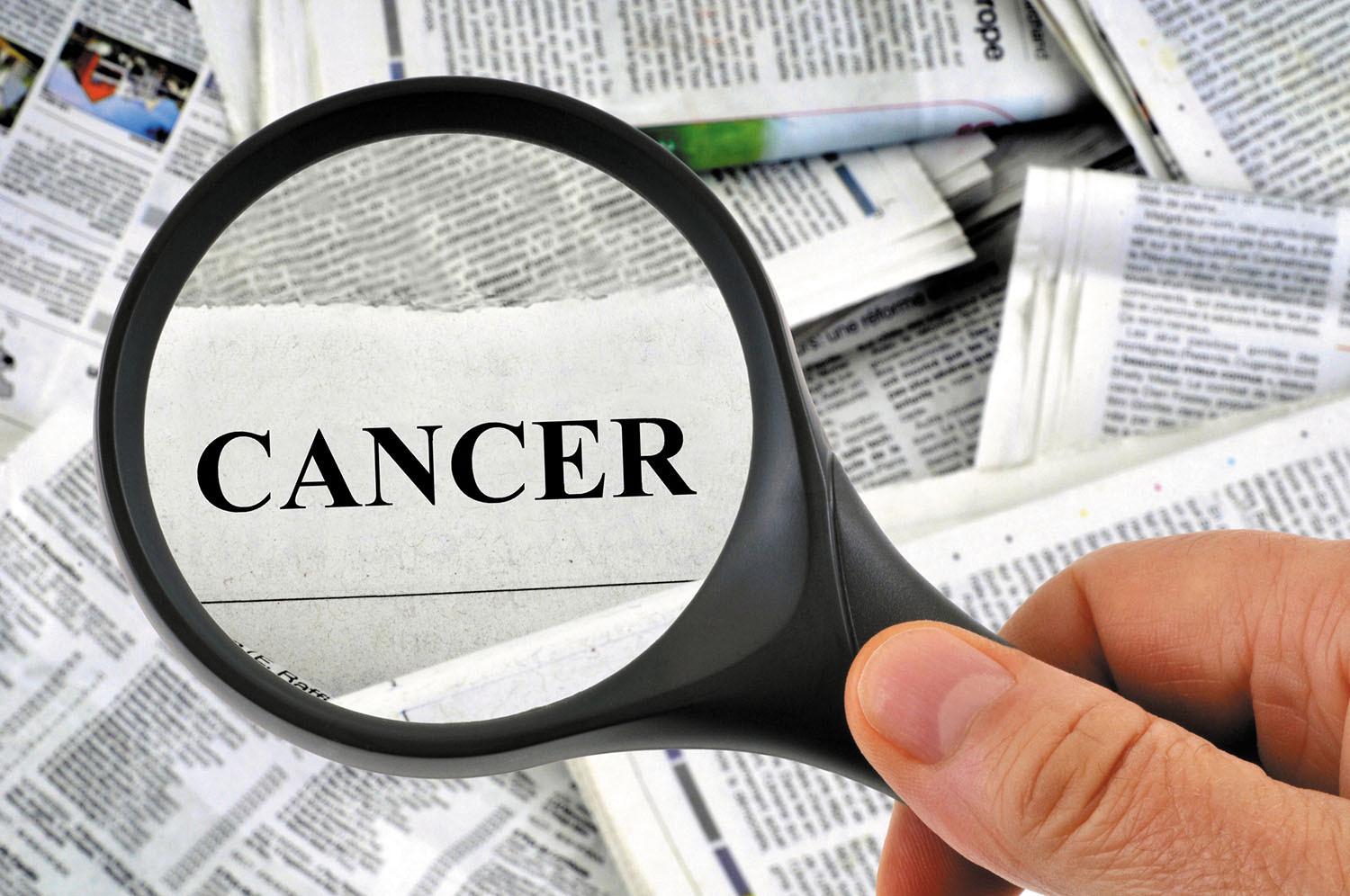
5 timeless habits for better health

What are the symptoms of prostate cancer?

Is your breakfast cereal healthy?

When pain signals an emergency: Symptoms you should never ignore

Does exercise give you energy?

Acupuncture for pain relief: How it works and what to expect

How to avoid jet lag: Tips for staying alert when you travel

Biofeedback therapy: How it works and how it can help relieve pain

Best vitamins and minerals for energy

Should you take probiotics with antibiotics?
Colorectal Cancer Archive
Articles
When — and how — should you be screened for colon cancer?
In the US population as a whole, deaths from colon cancer have been declining, but in people under 50 that rate has increased. Most major medical organizations recommend screening beginning at age 45 for people at average risk.
Do I still need a colonoscopy?
A 2022 study led to questions regarding whether colonoscopy is the best strategy to reduce the risk of death from colon cancer. But overwhelming evidence supports the procedure for lowering the risk of colon cancer and related death, and experts continue to recommend people at average risk get at least one colonoscopy beginning at age 45.
The latest in cancer treatments
Groundbreaking cancer treatments continuously emerge from labs and research trials. Three Harvard oncologists share what stands out in their respective fields of prostate, lung, and colon cancer, the most common cancers among men. Examples include greater roles for immunotherapy, targeted therapy, and intensive hormonal treatments.
How well do colonoscopies prevent colorectal cancer? What you need to know
Colorectal cancer is the second most common cause of cancer death among Americans. A recent study raised questions about the value of screening colonoscopy, which can identify and remove precancerous growths, and our experts weigh in with answers.
You don't say? Is there anything right about being left-handed?
Left-handers make up only 10% of the population. Despite some common beliefs, science has yet to show that left-handers have any specific advantages or disadvantages over right-handed people in terms of physical abilities, cognitive health, or longevity.
Women who undergo earlier screening less likely to develop colorectal cancer
A 2022 study found that women who begin colorectal cancer screening at age 45 with colonoscopy or sigmoidoscopy are far less likely to develop the disease than women who don't undergo any screening or who start screening at age 50.
Eating less meat may lower overall cancer risk
A 2022 study suggests that eating meat (including poultry) fewer than five times a week may protect people from cancer. Consuming only fish and no meat or following a vegetarian or vegan diet may offer even greater protection.
Colon cancer screening decisions: What's the best option and when?
Colorectal cancer is the second leading cause of cancer deaths in the United States, and rates are rising, particularly in younger people. It can be prevented with screening tests; there are several different types of tests that are performed in different ways, and guidelines for when testing should begin and how often people should be tested.
Home screening options for colorectal cancer
There are several at-home screening tests for colorectal cancer. The most accurate are a fecal immunochemical test (FIT) and a multitarget stool DNA (mt-sDNA) test (Cologuard), also known as a FIT-DNA test. The FIT test uses antibodies to detect blood in stool, and must be done once a year. The FIT-DNA test can identify DNA from cancer cells in the stool and also has a FIT component to look for blood. This test may be repeated once every three years.

5 timeless habits for better health

What are the symptoms of prostate cancer?

Is your breakfast cereal healthy?

When pain signals an emergency: Symptoms you should never ignore

Does exercise give you energy?

Acupuncture for pain relief: How it works and what to expect

How to avoid jet lag: Tips for staying alert when you travel

Biofeedback therapy: How it works and how it can help relieve pain

Best vitamins and minerals for energy

Should you take probiotics with antibiotics?
Free Healthbeat Signup
Get the latest in health news delivered to your inbox!
Sign Up











